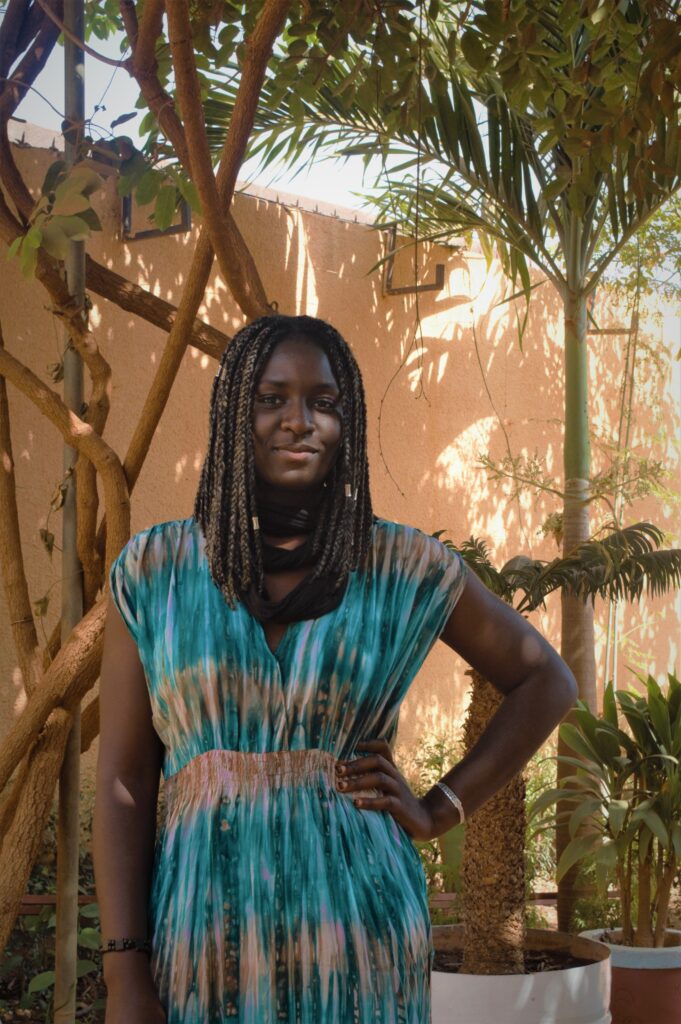Meet Our Wadsworth African Fellows: Senanta Fanidh Sanogo
I am enrolled as a doctoral fellow at the Institute for Humanities in Africa (University of Cape Town) with support through the Wadsworth African Fellowship program. I am deeply passionate about the human species’ relationship with difference, both at an individual and community level. Currently I am conducting research on the Art of Maquis in Ouagadougou, Burkina Faso. My research specifically focuses on how young women use facial and behavioral make up to interact with their socio-cultural worlds. In a global context where new technologies such as Augmented Reality and Artificial Intelligence are creating new ways of being human, this project also looks at the way digital makeup shifts and expands everyday practices of self-representation. As such, I believe that an ethnography of facial and behavioural adornment techniques and technologies among young women in Ouagadougou will provide a broader understanding of morphing spatiotemporal ways of being shaped by local, regional, and global doxa. This will eventually lead to useful insights on Burkinabe women’s capacity to aspire.

After studying social sciences for my undergraduate degree, and software engineering briefly, I realized that Anthropology was the only science that satisfied my curiosities around the relativity of experiences, enabling me to explore the everyday complexities of (un)familiar social phenomena. I am particularly interested in blending phenomenology, ethnography, and experimental filmmaking to enrich the way that we do Anthropology today. Although I left Burkina Faso at the age of 13 to live in countries such as Ghana, Mauritius and South Africa, I consider myself rooted in Burkina Faso. Today, more and more ethnographers are doing research in their homes as the discipline of Anthropology is going through tremendous changes. Just like many contemporary anthropologists, I believe it is time that the theorization of “home” as familiarity, be it a mental or physical structure, is given an important place in pedagogic and methodological discourses across the world. I am passionate about ethnographic research and would love to continue working in the university or in a research institute after my PhD. Prior to that I hope to conduct post-doc research somewhere different, possibly in another “home”.